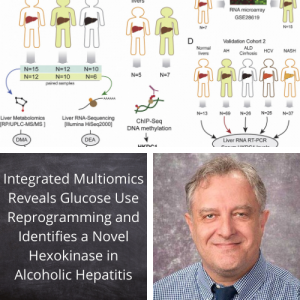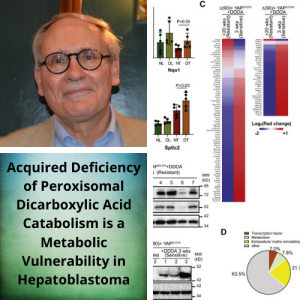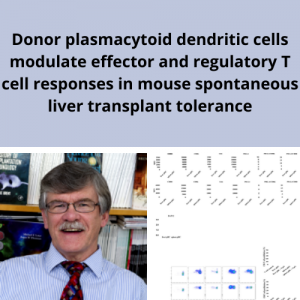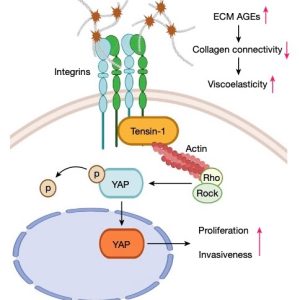


Pictured left to right: K Nejak-Bowan, T Pradhan-Sundd, P Sundd
Tirthadipa Pradhan€Sundd*, Karis Kosar*, Harvinder Saggi, Rong Zhang, Ravi Vats, Pamela Cornuet, Sydney Green, Sucha Singh, Gang Zeng, Prithu Sundd, Kari Nejak-Bowen. Activation of Wnt/β-catenin signaling and regulation of the FXR/β-catenin complex after murine bile duct ligation. Hepatology. 2019 Sep 6. PMID: 31489648
*co-first authors
ABSTRACT
The Wnt/β-catenin signaling pathway has a well-described role in liver pathobiology. Its suppression was recently shown to decrease bile acid (BA) synthesis, thus preventing the development of cholestatic liver injury and fibrosis after bile duct ligation (BDL). To generalize these observations, we suppressed β-catenin in Mdr2 knockout (KO) mice, which develop sclerosing cholangitis due to regurgitation of BA from leaky ducts. When β-catenin was knocked down (KD) in KO for 2 weeks, hepatic and biliary injury were exacerbated in comparison to KO given placebo, as shown by serum biochemistry, ductular reaction, inflammation, and fibrosis. Simultaneously, KO/KD livers displayed increased oxidative stress and senescence and an impaired regenerative response. Although total liver BA levels were similar between KO/KD and KO, there was significant dysregulation of BA transporters and BA detoxification/synthesis enzymes in KO/KD compared to KO alone. Multiphoton intravital microscopy revealed a mixing of blood and bile in the sinusoids, and validated the presence of increased serum BA in KO/KD mice. Although hepatocyte junctions were intact, KO/KD livers had significant canalicular defects, which resulted from loss of hepatocyte polarity. Thus, in contrast to the protective effect of β-catenin KD in BDL model, β-catenin KD in Mdr2 KO aggravated rather than alleviated injury by interfering with expression of BA transporters, hepatocyte polarity, canalicular structure, and the regenerative response. The resulting imbalance between ongoing injury and restitution led to worsening of the Mdr2 KO phenotype, suggesting caution in targeting β-catenin globally for all cholestatic conditions.
For full text, please click here.








